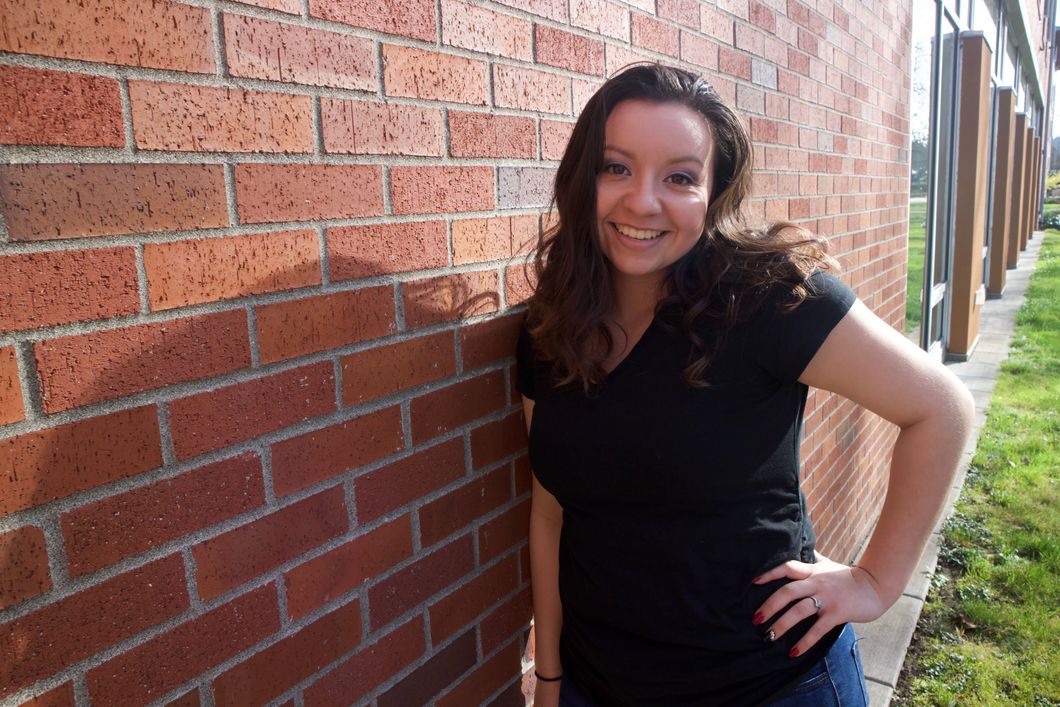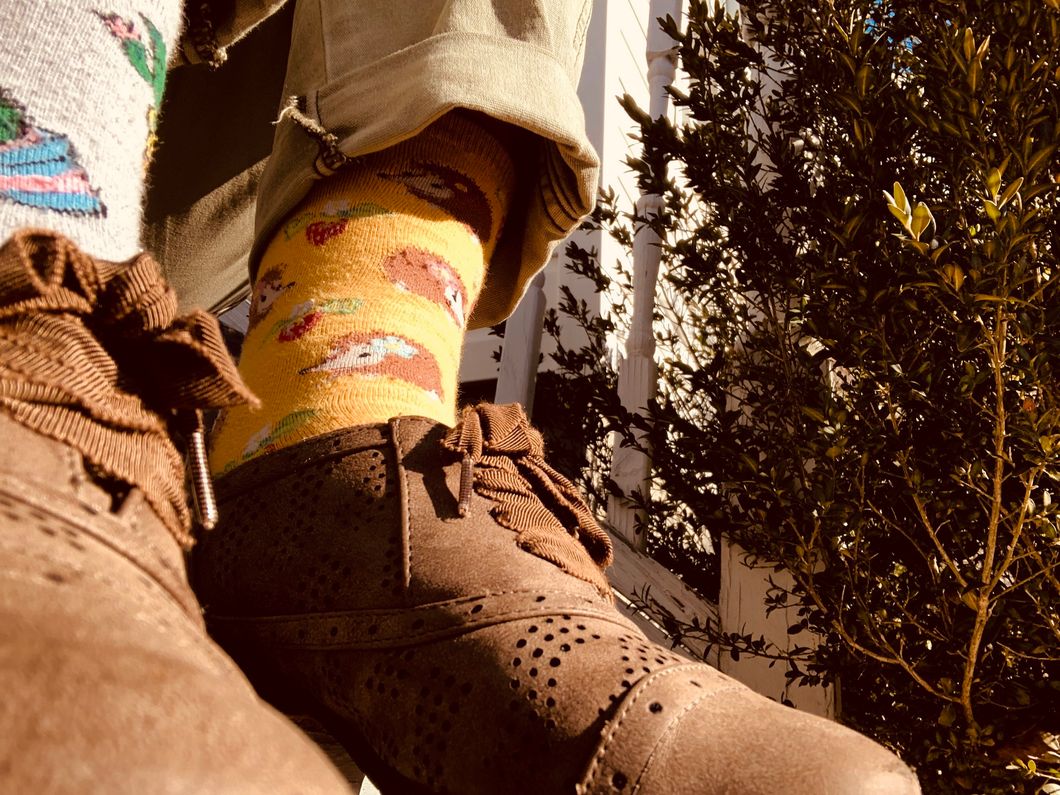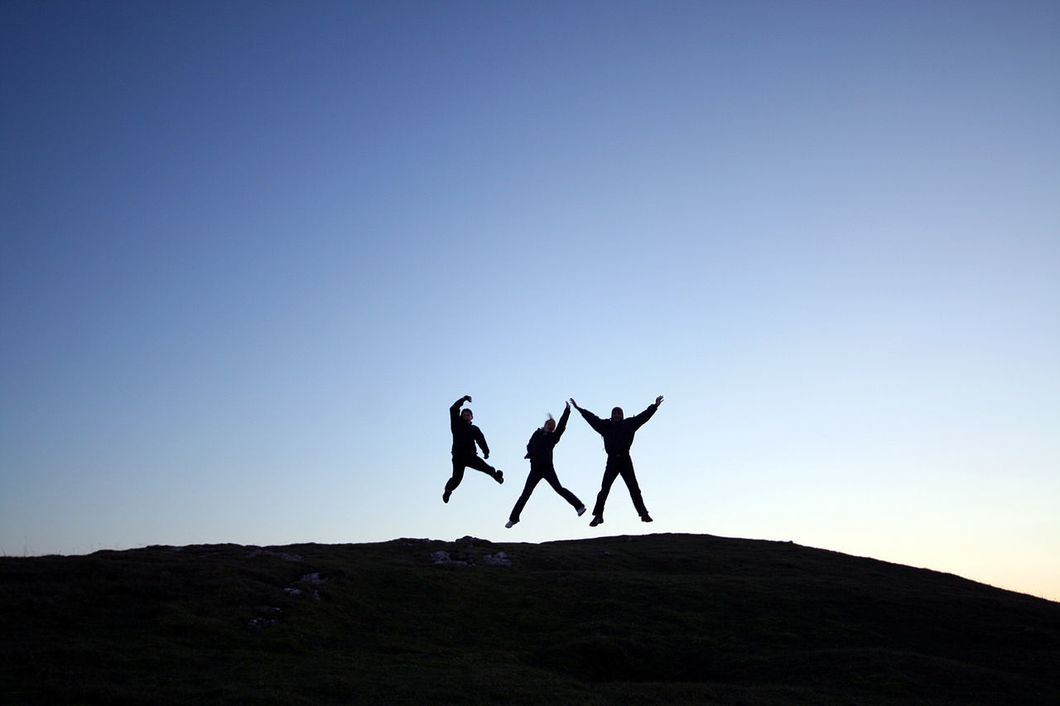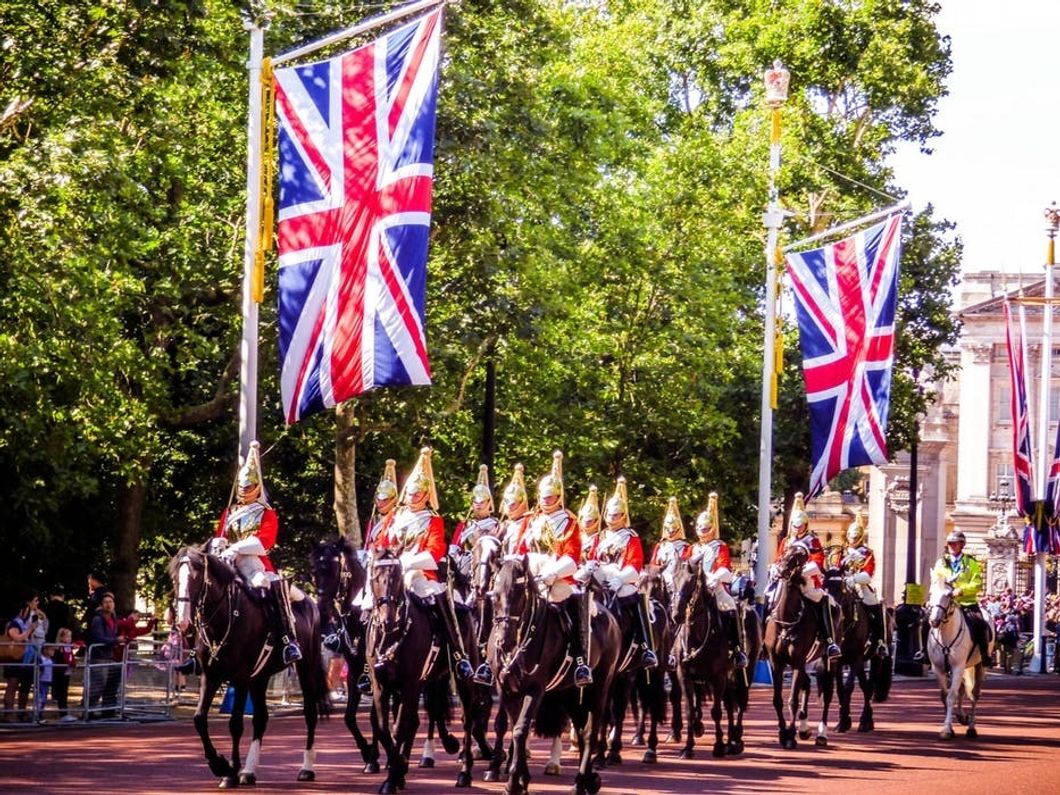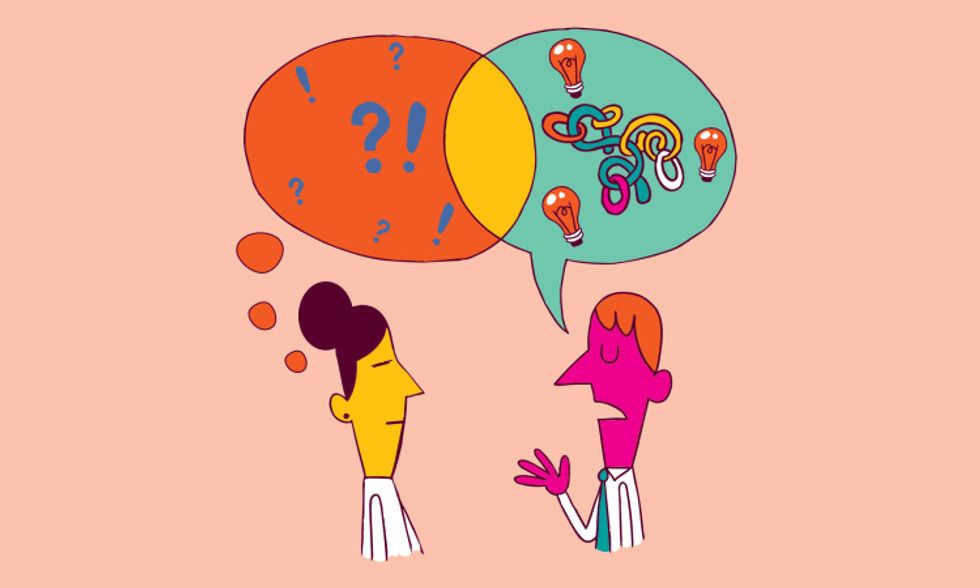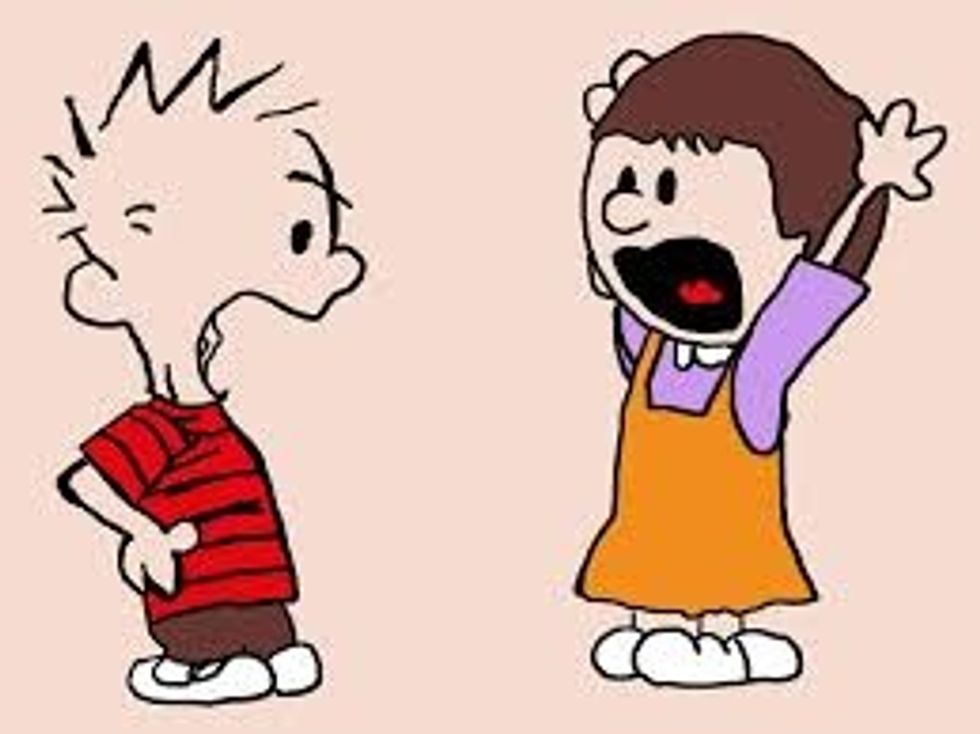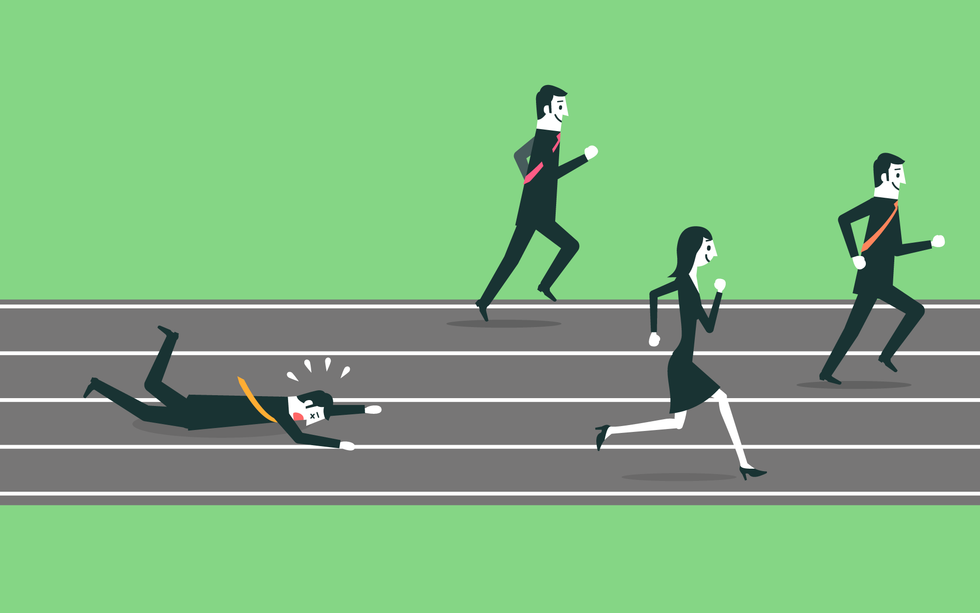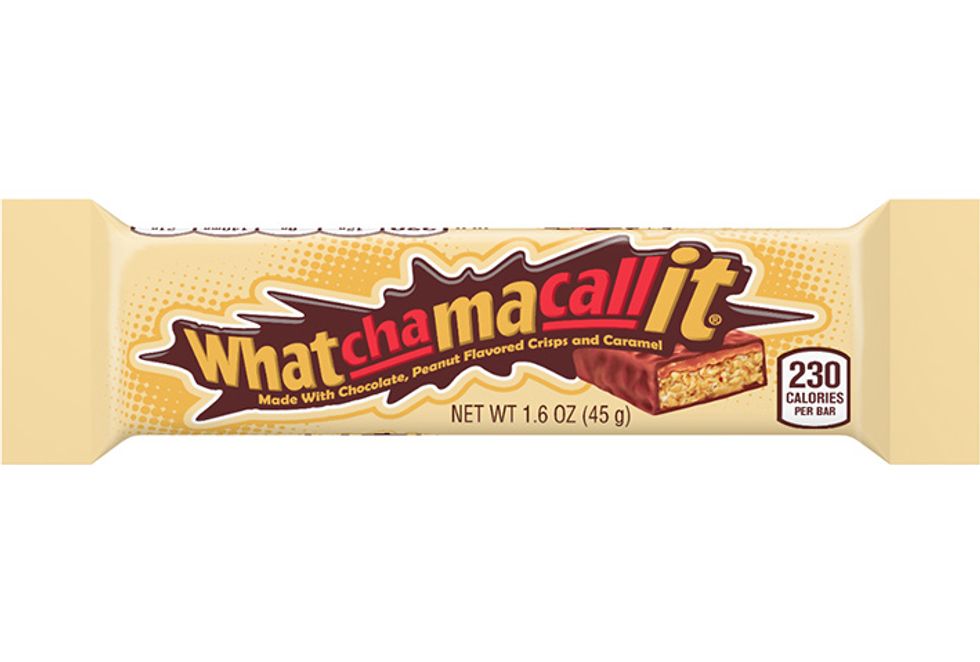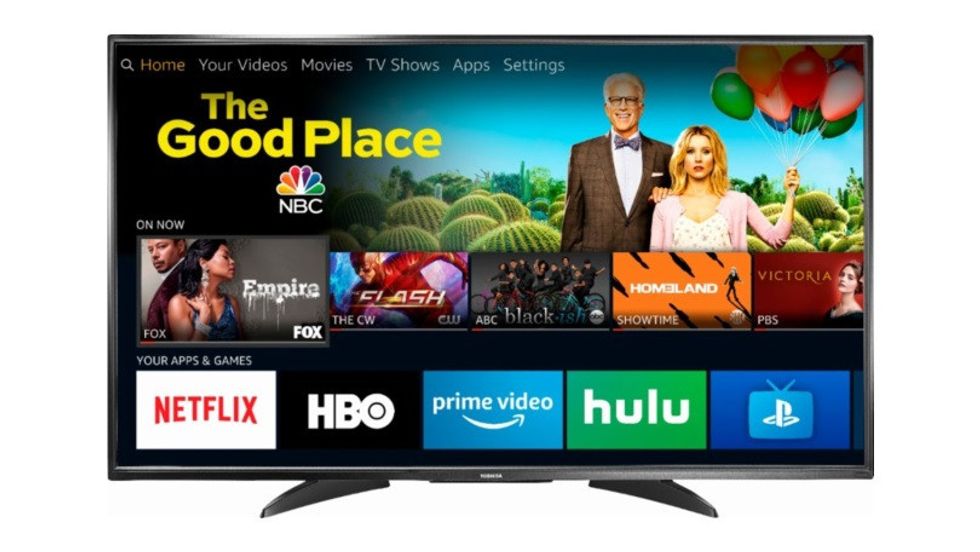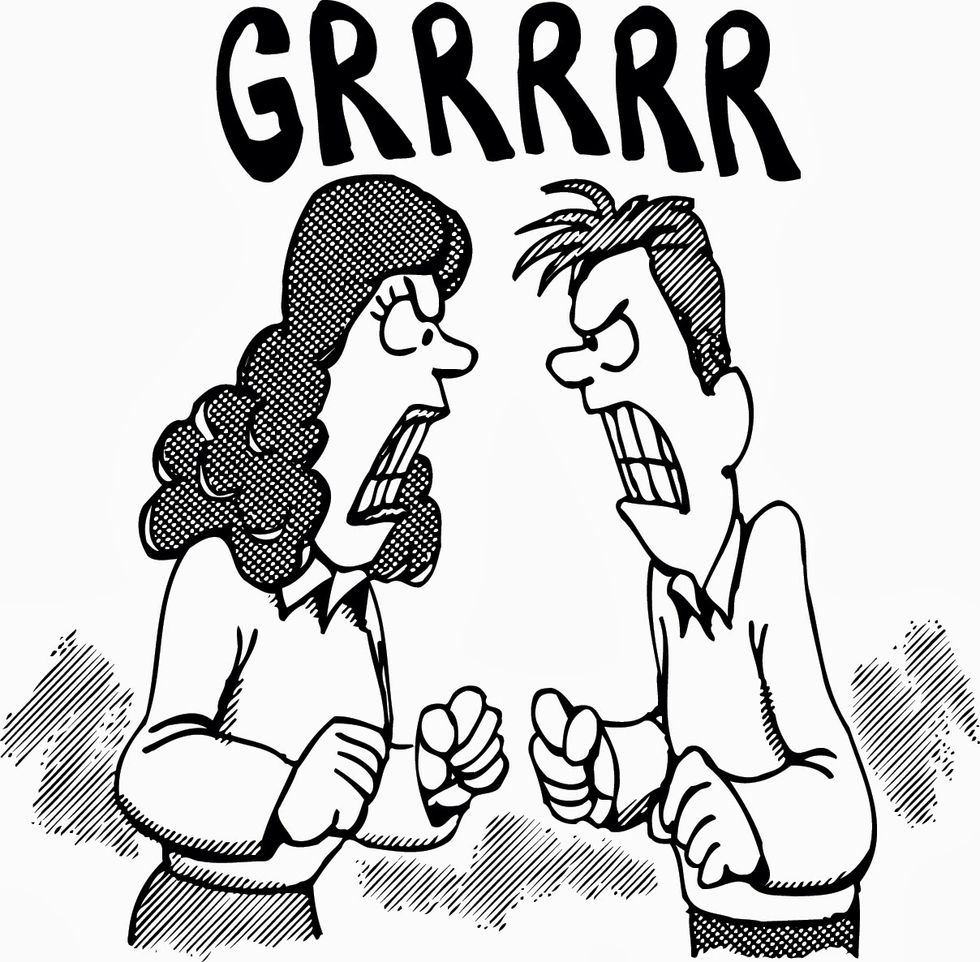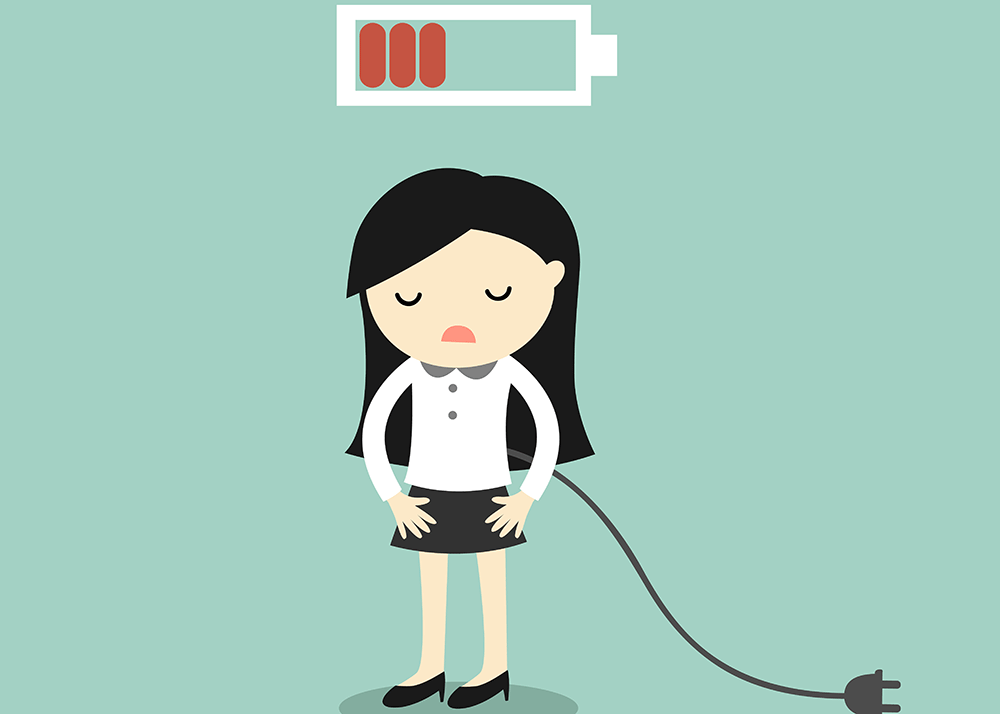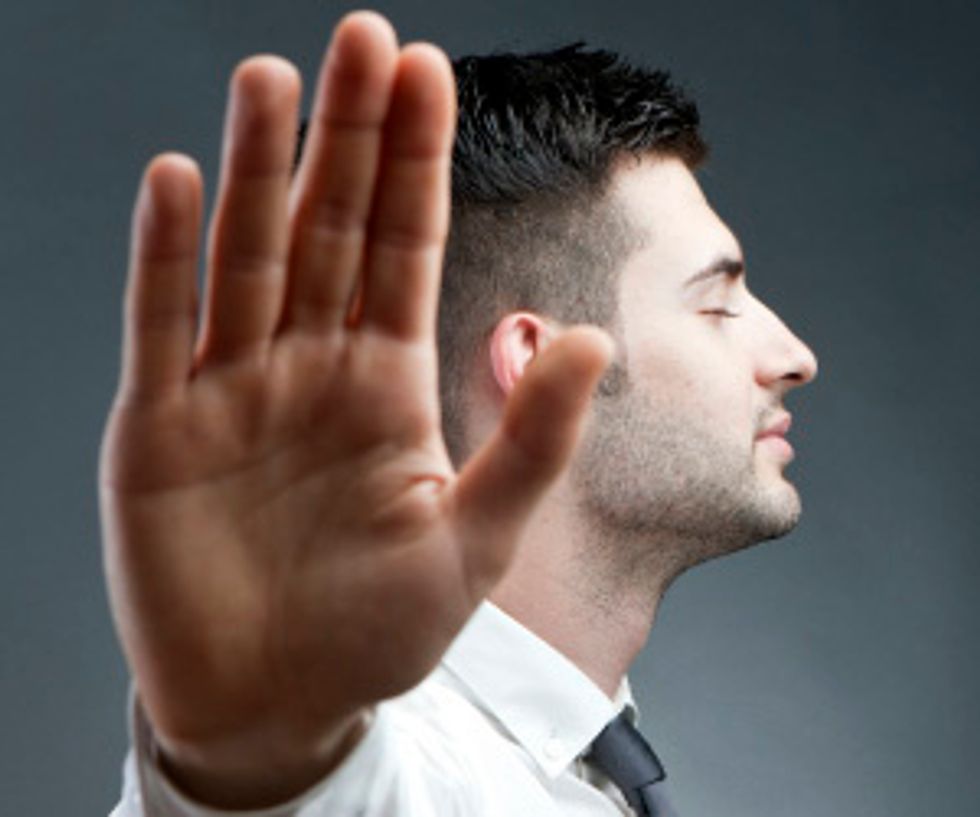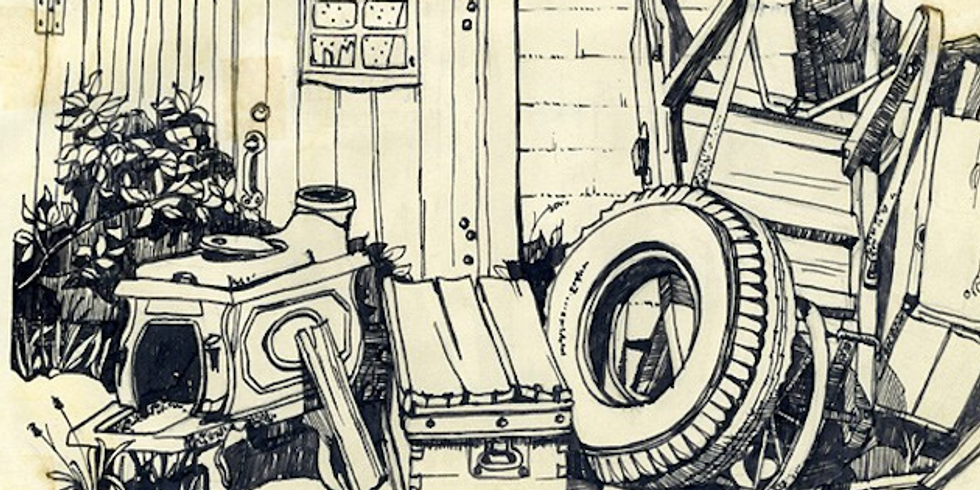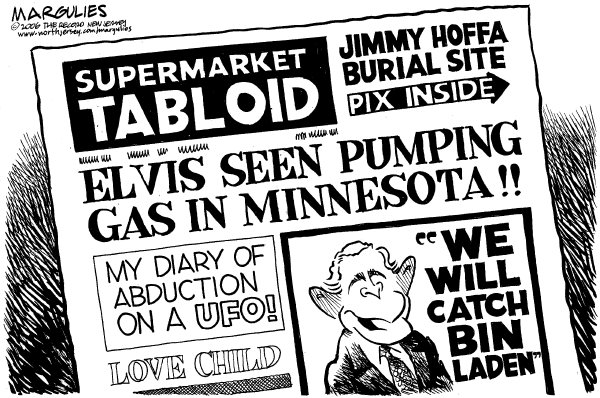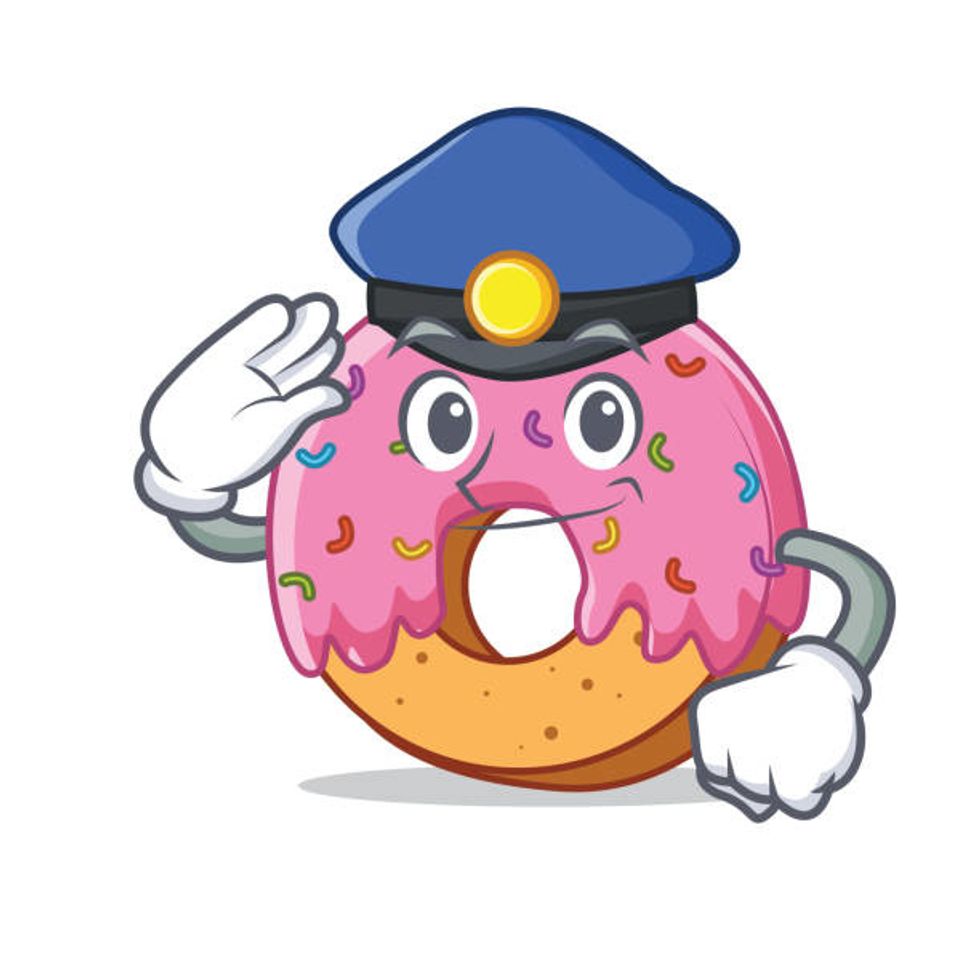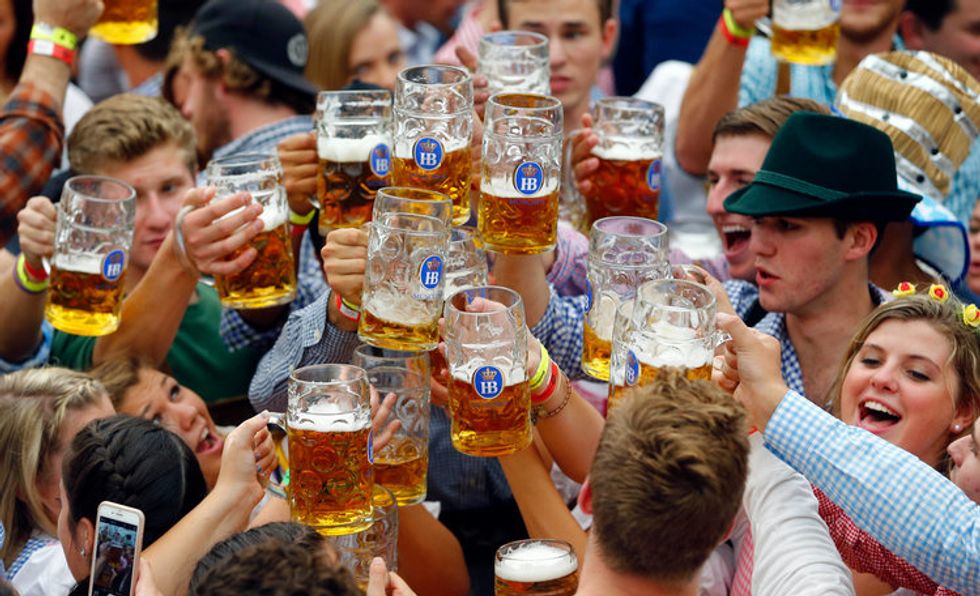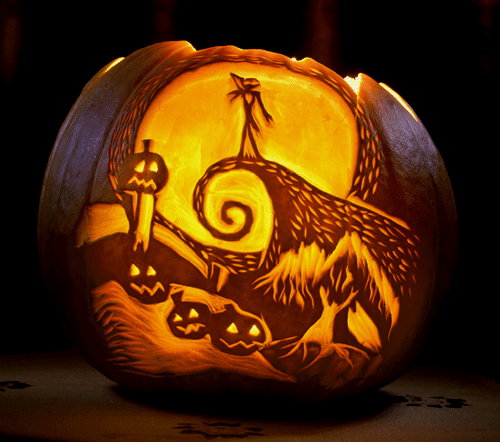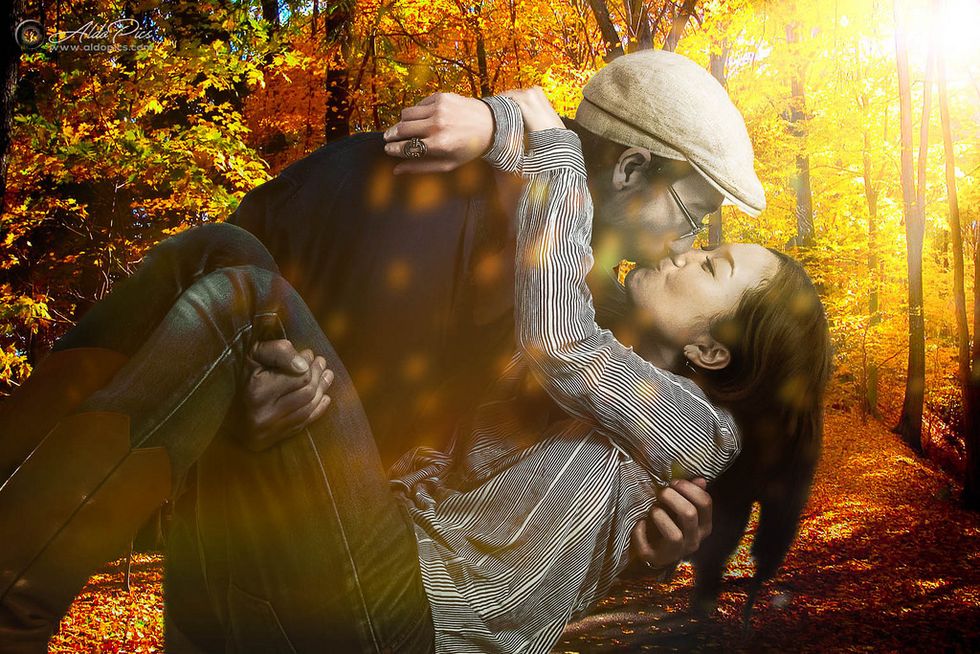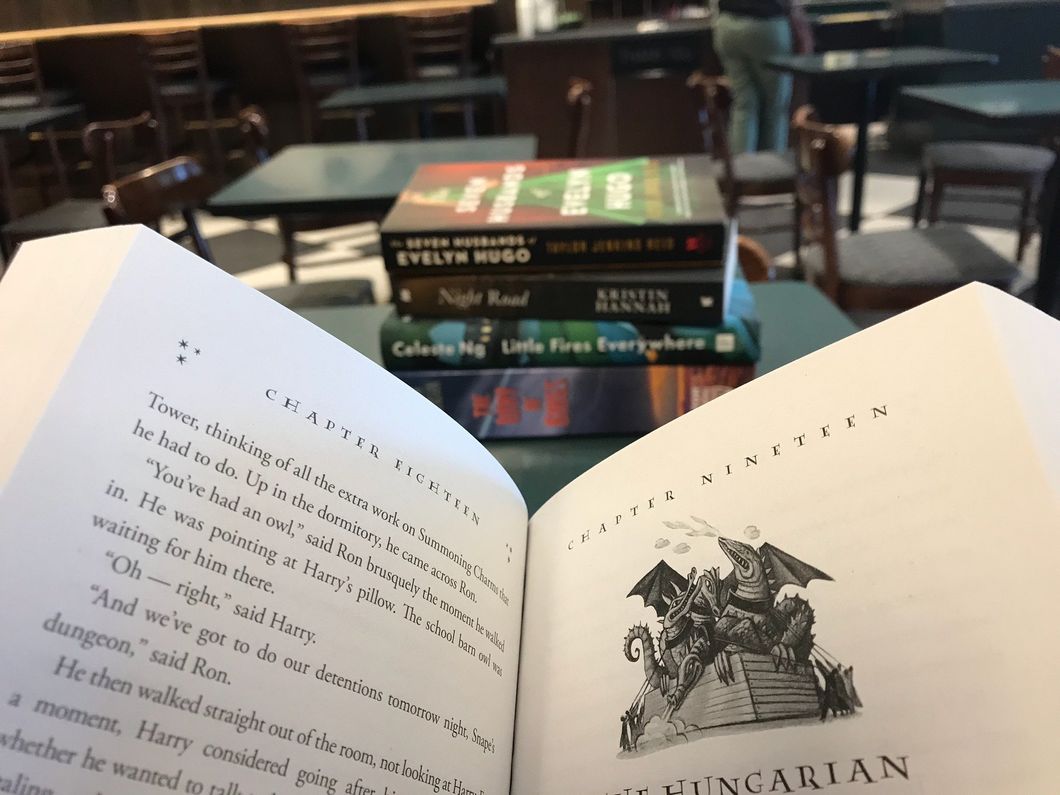Living With Celiac Disease
Kids would put food in my face and tease me about it, they'd tell me that my symptoms weren't real and that I was just faking it for attention; I even had adults tell me this too.
At the age of eight, I experienced horrible stomach pain, weakness, and illness. I was doubled over, and I didn't know why I'd felt so horrible. It wasn't the kind of pain you feel when you have the flu, or when you have cramps. It was a different kind of pain, but I knew it wasn't good. My parents didn't know what was wrong with me either. The only thing my dad had suspected was that perhaps I was intolerant to gluten.
For those who don't know, gluten is found in many food items that primarily contain grains or are often high in carbs. This isn't to say that all foods with carbs or grains have gluten, but they oftentimes do. Gluten is a protein within wheat that is the primary ingredient in cake, pizza, and bread. It is even sometimes in food that you would never suspect, like Twizzlers. It's also synonymous with ingredients like monosodium glutamate, malt, barley…etc.
I tell you that to tell you this:
At eight years old, I was told I had celiac disease. Which just means that my body is unable to digest and break down gluten, preventing me from absorbing vital nutrients.
My dad found out later in his life that he was gluten intolerant after many years of breakouts and complications. He had ascertained the idea that maybe I had also carried this gene and that was why I was in so much pain. Each time we digest gluten, our body attacks our small intestine, killing off what is called villi. My body was in so much pain because I was eating gluten.
After taking gluten products completely out of my diet, I felt 100% better. I was no longer in intense pain, I no longer had rashes, and all other symptoms went away. From then on, I had to watch what I ate, as if I was on a life-long diet.
As you can imagine, this was a ton of responsibility for me as an eight-year-old because I now had to constantly check every label there ever was, make sure that the food I was eating at school didn't have any sort of gluten in it, and I was also now a novelty at school. Kids would put food in my face and tease me about it, they'd tell me that my symptoms weren't real and that I was just faking it for attention. I even had adults tell me this too. They thought I was being hypersensitive.
I had to remember everywhere I went that I had to avoid eating gluten. Do you know how hard that is? It's in so many things. When I was young, not many people knew what celiac disease was. There weren't any gluten-free alternatives out there, so I was eating lots of rice, beans, and salad. I had a very limited food palette. I could no longer have the amazing foods I enjoyed like pizza, garlic rolls, cake, or even ravioli. Although it seems odd, ravioli and spaghetti-o's were my favorite then and I was no longer able to have them. It crushed me.
Having celiac disease was hard as a child because when I went to birthday parties, I couldn't eat most of the food they provided. I couldn't enjoy birthday cake or the pizza that most people ordered. I always had to bring my own food and explain why every time. It seems silly, but I often felt left out. Not being 'normal' because of my allergy made me feel like an outcast. You'd think you wouldn't feel like that, but it generated a lot of those negative feelings because I was a burden to feed due to my allergy.
Fast forward 13 years later, I still have to be careful of what I eat. Celiac disease is something I'll never get rid of. It's a part of my DNA, and there's a good chance my kids will also carry the gene and deal with the same issues.
I don't usually tell people I have celiac disease because I can sometimes get away with having trace amounts of gluten and still be mostly okay. But when I accidentally eat gluten, I pay the consequences. There are times when I accidentally eat it and feel like I can't get out of bed because of the stomach pain. I joke that the pain is so horrible that I feel like I'm dying, but it really does feel severe in the moment.
Being gluten intolerant, I spend quite a bit more money on groceries because I have to find gluten-free food and it's way more expensive. Because gluten-free became a fad diet, more places began offering alternatives and it was easier for me to find foods I liked. When I find gluten-free goodies that aren't normally gluten-free in restaurants, you bet my eyes light up! It's exciting but also a relief.
Being gluten-free has oftentimes felt like a curse, but it's also a blessing sometimes.
The upside to this is that researchers are looking into developing a pill that will help those with celiac disease digest gluten easier and/or subside symptoms completely. So hopefully soon, I'll be able to eat the foods I once loved without feeling ill.

